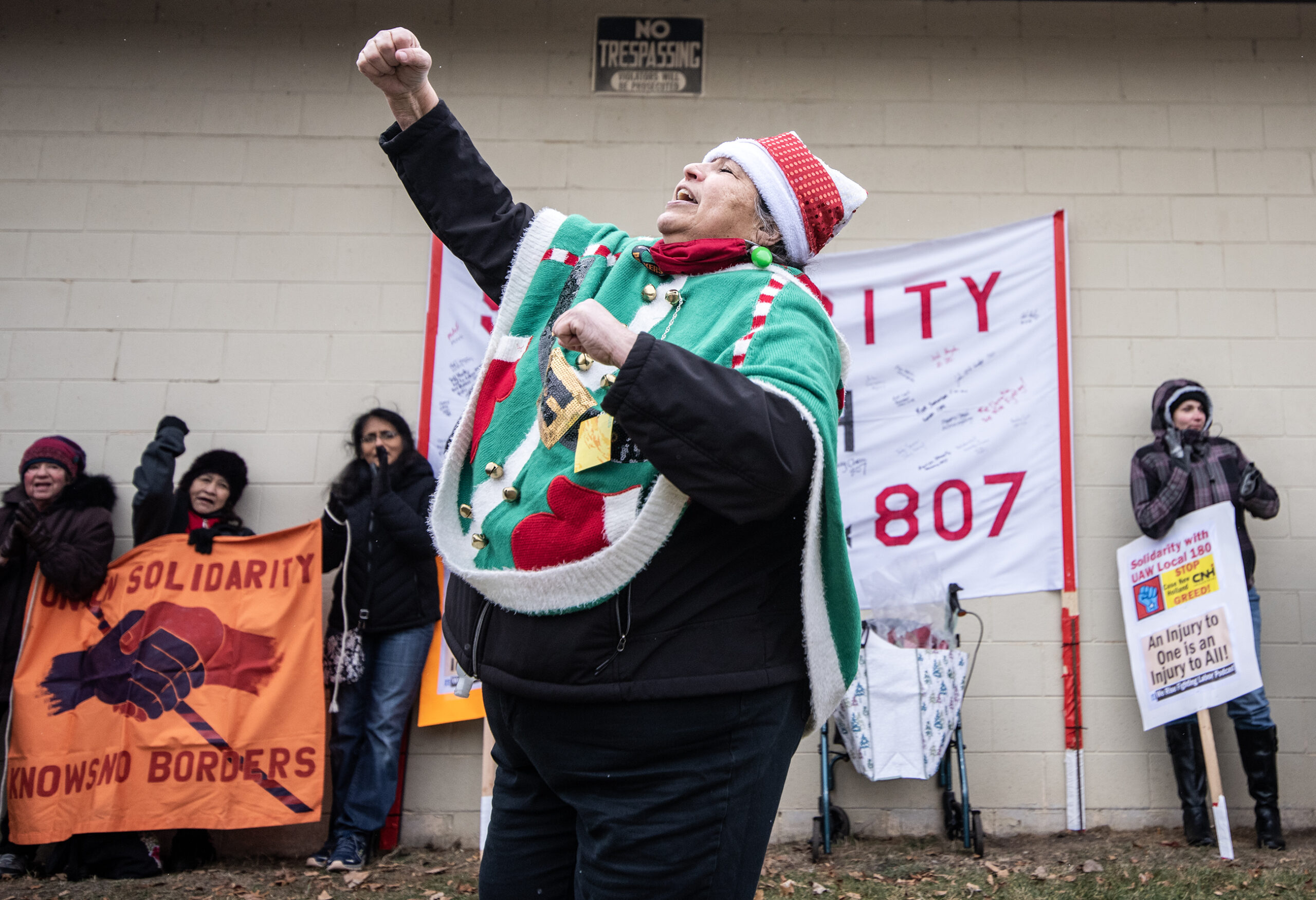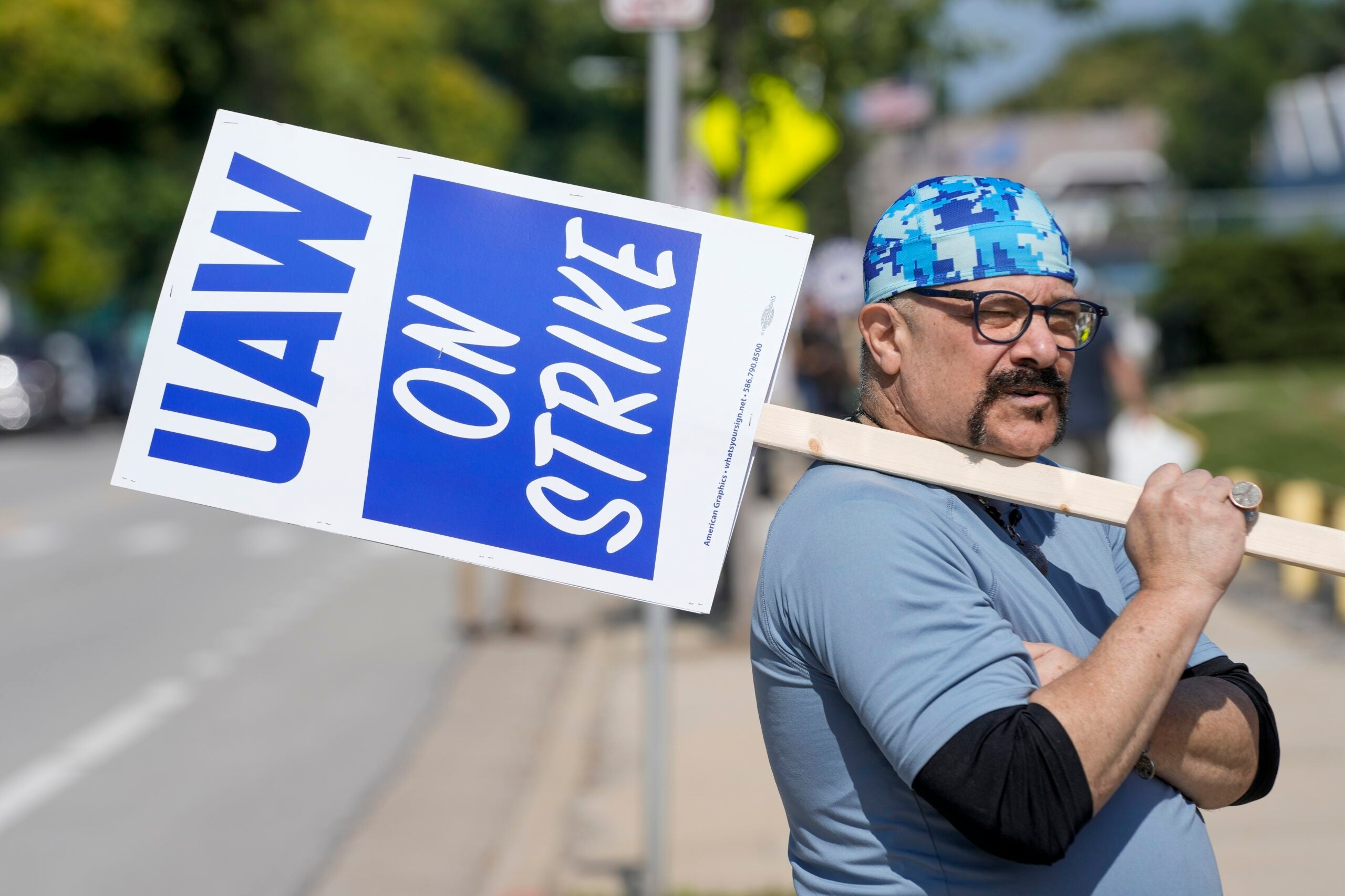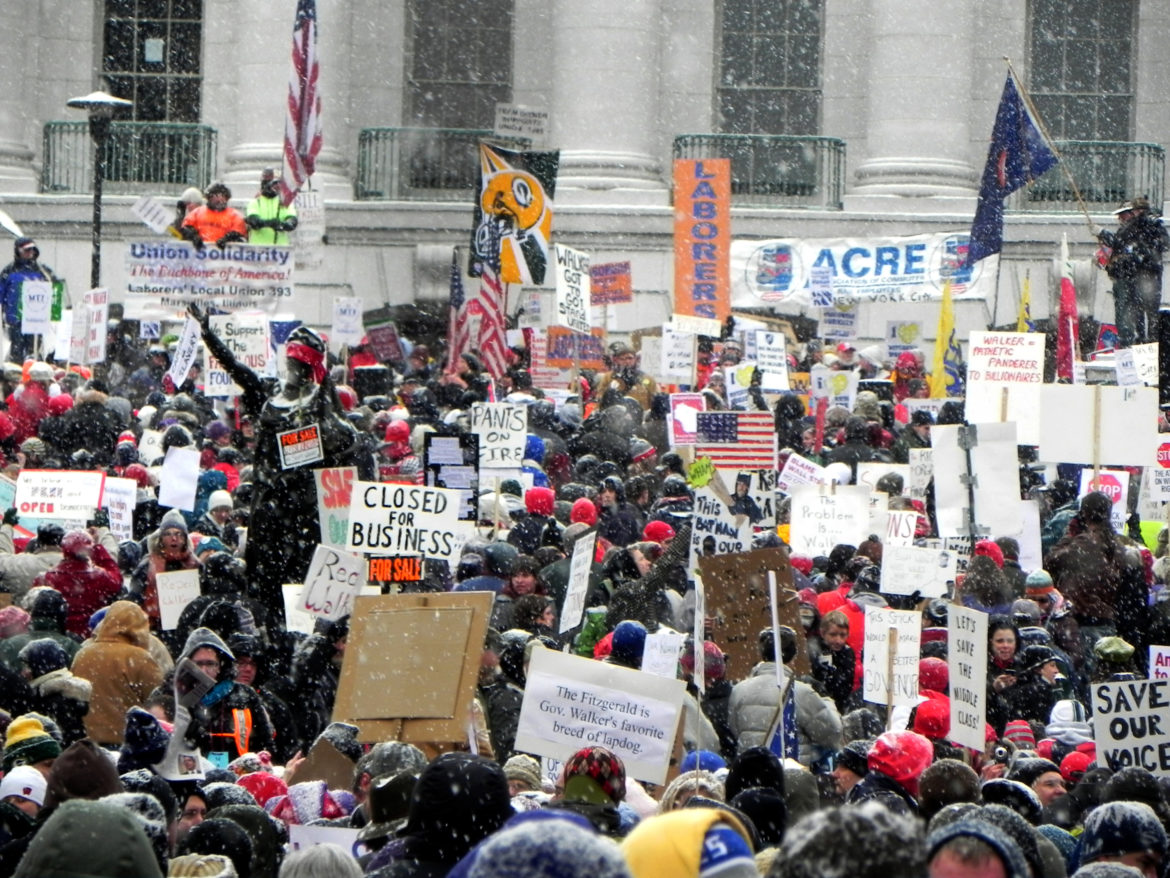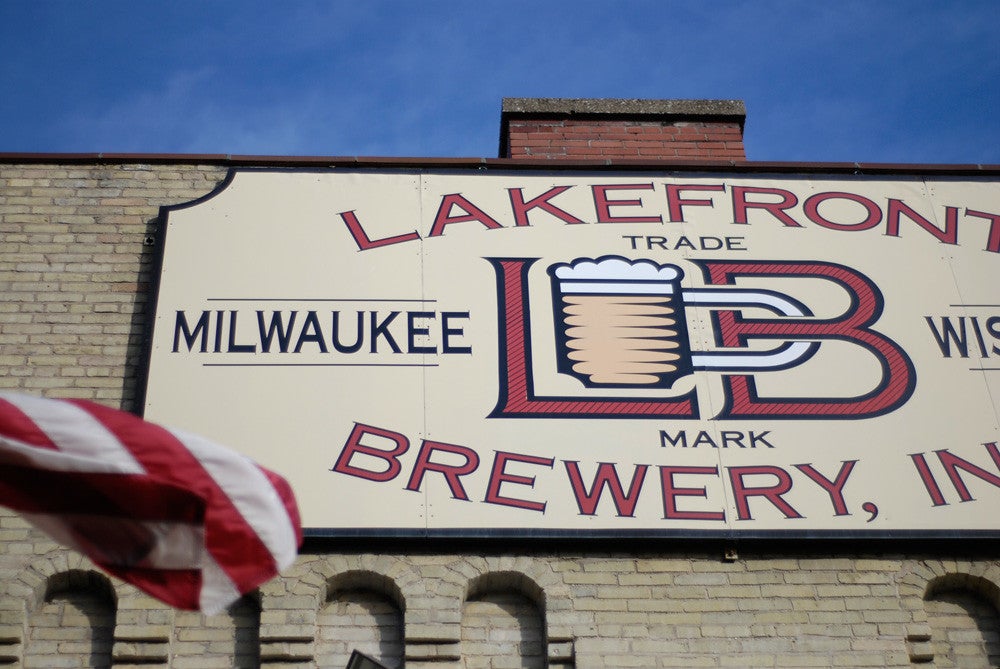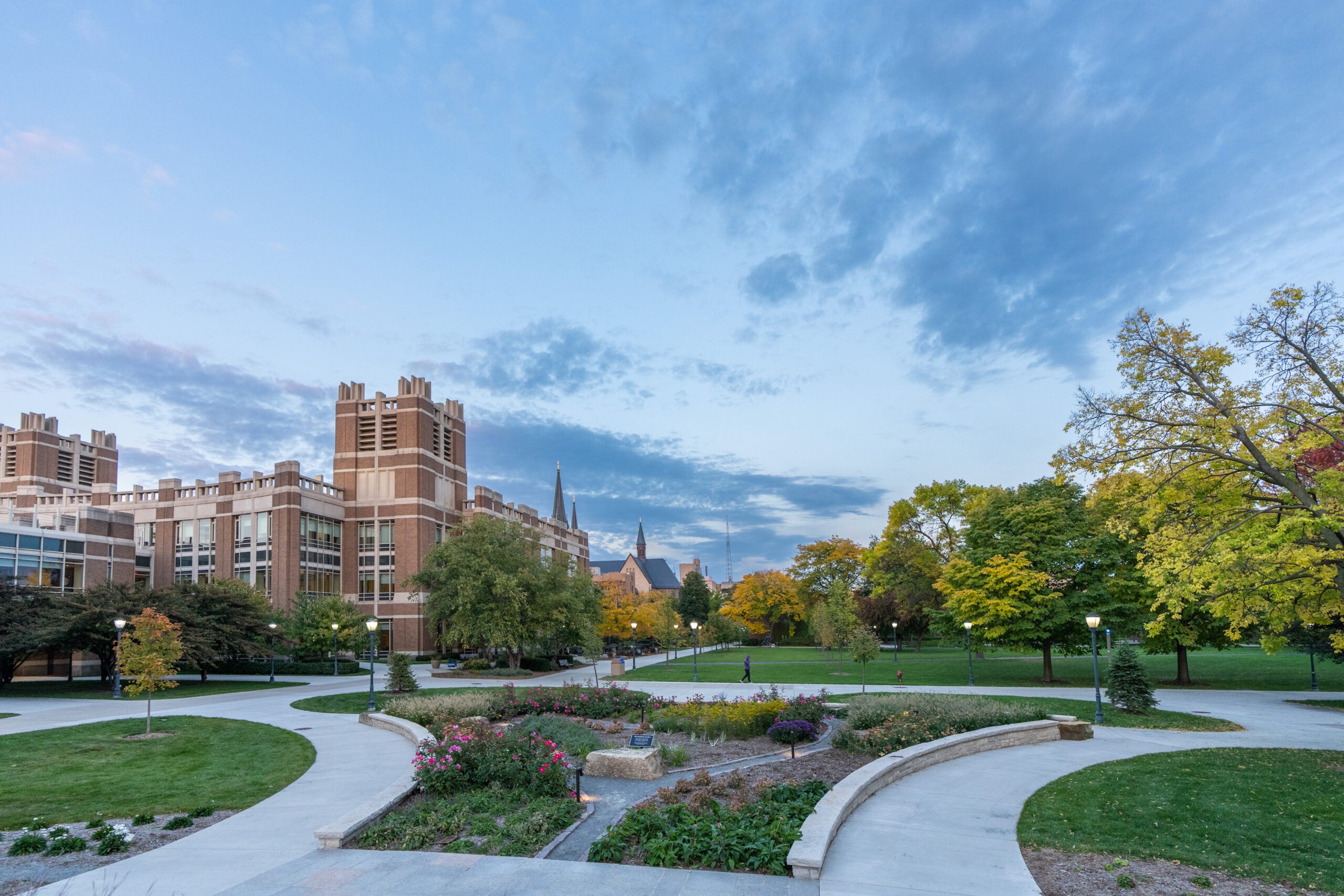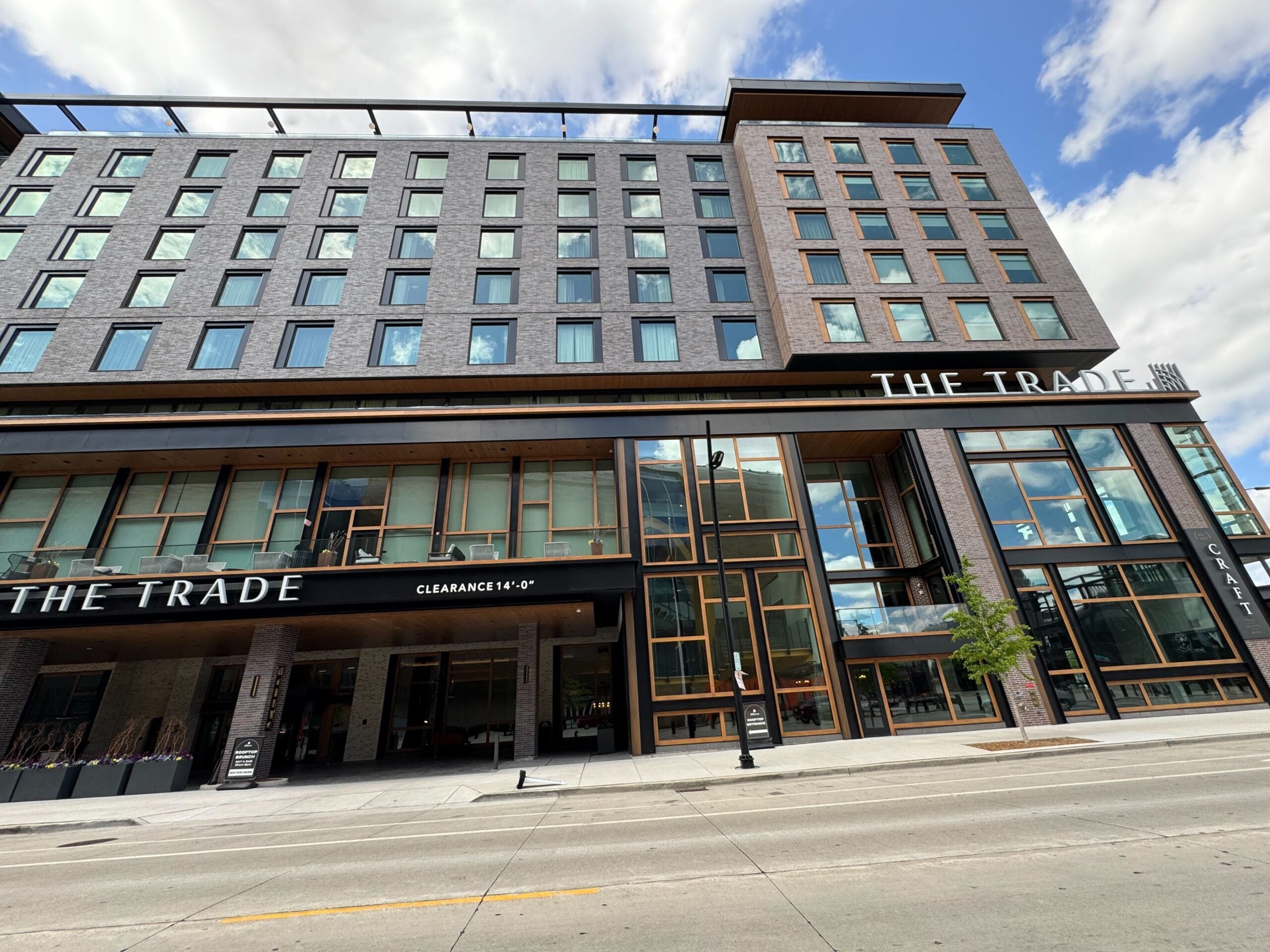State labor leaders say recent changes by the National Labor Relations Board will make it easier for Wisconsinites to unionize, especially in the service industry.
Last month, the National Labor Relations Board, or NLRB, issued a decision establishing a new framework for deciding when companies are required to bargain with unions without a formal election.
Labor groups across Wisconsin — including the state AFL-CIO, the Milwaukee Area Service and Hospitality Workers Organization and the Fox Valley Area Labor Council — say the NLRB’s recent actions will help reverse the trend of declining unionization.
Stay informed on the latest news
Sign up for WPR’s email newsletter.
“Making the path to unionization more fair and living up to its expectation in the United States is really important for all workers,” said Stephanie Bloomingdale, president of the Wisconsin AFL-CIO. “Having a speedier election, dissuading employers from using union-busting tactics, are all going to be to the betterment of workers.”
Under the new NLRB framework, companies caught using unfair labor practices during the election process will be forced to negotiate with a union — rather than rerunning the election that could establish the union. When a majority of workers express interest in joining a union in written cards, the employer is required to immediately bargain with the union or seek an election.
The change isn’t unprecedented and stems from a case in the 1960s, according to Michael Childers, a professor at the University of Wisconsin-Madison School of Workers.
“What they’re basically saying now is that, if any unfair labor practice is found to have occurred after an employer asks for an election, then they don’t need to have the election. The union will just be recognized and bargaining should commence,” he said. “That absolutely could have some impact on unions being formed in the private sector.”
The NLRB also adopted another rule last month aimed at speeding up the election process. But that rule won’t take effect until Dec. 26.
This reverts the union election process to what it was in 2014 and reverse changes made in 2019 under the Trump Administration, Childers said.
“What those changes in 2014 sought to do is to update these rules to be more in line with the way things are today,” he said. “Those changes were made to make it a more expeditious process to avoid having long delays before workers would be able to vote ‘yes’ or ‘no’ on whether they wanted to have a bargaining unit.”
The rule changes by the federal agency tasked with protecting the rights of private-sector workers to organize come after Wisconsin’s union membership fell to its lowest levels since at least 1989 last year and as recent national polling has shown unions have become more popular than they’ve been in over a half-century.
Over the last year, Wisconsin has seen workers in Racine, Chippewa Falls and Madison go on strike. Most recently, workers in Milwaukee and Hudson joined the ongoing United Auto Workers strike.
While labor leaders have praised the NLRB’s recent actions, “right to work” groups have framed them as shifting power from workers to “union bosses.”
In a statement, National Right to Work Foundation Vice President Patrick Semmens said relying on the “card check” process, where workers sign authorization cards to form a union, instead of a secret ballot vote creates a “lack of privacy or security.”
“Union officials pressure and intimidate workers into signing union authorization cards that are later counted as votes to impose the union on all workers,” Semmens said. “During card check drives, workers report being misled about the true purpose of the cards, being threatened if they didn’t sign or even receiving unwelcome campaign visits at home that necessitated calling the police.”
State union officials point to Act 10, which effectively eliminated long-held bargaining rights for most government employees, as one of the main drivers behind recent declines in union membership in Wisconsin. But they say another cause is the decline of manufacturing jobs in Wisconsin, forcing more workers into the low-pay service industry.
Peter Rickman, president of the Milwaukee Area Service and Hospitality Workers Organization, said the union movement in Wisconsin traditionally hasn’t leveraged its power to build momentum in service and hospitality work, and now those jobs have “exploded.”
He said that’s led to worse income inequality in the state and poor working conditions for many Wisconsinites. Rickman also said the NLRB’s recent decisions address some of the issues he’s faced organizing in the service and hospitality industry.
“The fundamental question is, what can be done to transform service and hospitality work that too often traps people in low-wage, no benefit, insecure, casual, part-time contingent work? The recent moves by the NLRB to restore the promise of the National Labor Relations Act, and to restore the policies of the mid-20th century, are certainly welcome for union organizers and negotiators,” he said.
Fox Valley Area Labor Council President Mark Westphal also welcomed the changes. He said the uptick in support for organized labor and recent strikes by unions are the result of workers being unappreciated for years.
“I’ve been a union member for over 40 years, and for most of those 40 years, I have not seen the enthusiasm, the solidarity and the uptick in motivation by workers of all types to reconnect through the union,” he said. “After so many years of decline and kind of melancholy attitudes towards unions, you do notice the enthusiasm that’s out there.”
Wisconsin Public Radio, © Copyright 2025, Board of Regents of the University of Wisconsin System and Wisconsin Educational Communications Board.
